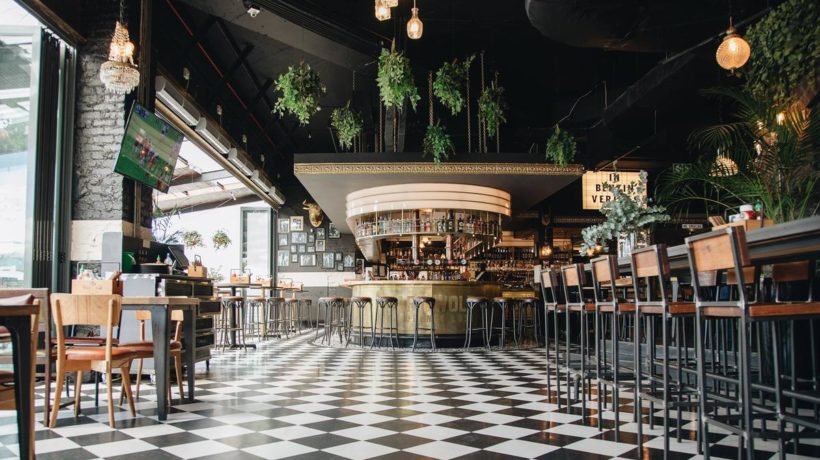The lockdown in South Africa has put a massive strain on the economy with 30% of businesses saying they do not have enough revenue to last more than one month of lockdown. And when it comes to small local businesses, the situation is even more dire. According to Statistics South Africa, 73% of these enterprises warn that if the lockdown continues for longer than three months, it is most likely that they won’t survive.
With companies in the entertainment, food and tourism sectors ordered to close, and customers required to stay home, many are facing closure with some 53% of these businesses already preparing to retrench staff members.
In an effort to save small businesses and support government funding for Small, Medium and Macro Enterprises (SMMEs), a group of South African entrepreneurs, funders and small business experts have come together to launch Save Your Local, a non-profit online aggregator that connects small businesses with their communities and customers by giving them access to a variety of voucher and donation platforms.
The initiative aims to support small businesses by sustaining cash flow and averting business closures due to COVID-19. This is achieved by providing online income-generating opportunities for businesses that are currently unable to operate or service customers normally. Through its website, small businesses can sell vouchers to housebound customers, which can be redeemed once the establishment is fully functional post-lockdown. Alternatively, customers can make a donation to a business of their choice to support staff and cover costs.
In just a few days, Save Your Local garnered more than 250 small businesses which registered on its platform, making it the largest collective hospitality, tourism and services initiative in South Africa to date. It also presents an opportunity for businesses and consumers alike to help shape a positive future for their local communities – not bad for a project that was conceptualized and developed in less than 10 days.
“We took inspiration from the American Dining Bonds Initiative launched by SupportRestaurants.org, which helps a variety of business owners operating in the entertainment, events, food, hospitality, and transportation sectors, along with many others,” says Yolandi Le Grange, Save Your Local Board Member. “There is no question that the temporary lockdown is necessary to save lives. However, an unavoidable and frightful consequence is that it is costing our SMMEs and losing our economy an estimated R13-billion a day by constraining almost all business activity. With our entrepreneurs fighting for survival, we, as a community, felt that we needed to come together to try to save not just businesses, but thousands of jobs and livelihoods too.”
For entrepreneurs such as Gary Isenberg, a restaurateur in Pringle Bay, Save Your Local is a much-welcomed development: “The extent and impact of COVID-19 has been sudden and unexpected, and like many other small business owners, it has come as a complete shock to the system. It has forced us to relook at our business model and pivot in ways that would have typically taken us a much longer time to achieve. However, through community-based initiatives like Save Your Local, we have been able to collaborate and exchange knowledge with fellow entrepreneurs sharing a similar experience. It has also given me a new way to engage with my customers, and for them to show their support in return. As a family-run business, we are very grateful, and I highly recommend that small businesses like me register on the platform.”
An initiative by Silvertree Holdings and Team Africa Ventures, and fine-tuned by industry experts including Bowman Gilfillan, Husemeyer Advisors, Fraser Consulting, the Beerhouse Group and The Loudhailer amongst many, Save Your Local is calling on small businesses in all cities across South Africa to register on its platform, and for customers and potential donors to support local businesses by purchasing vouchers, making donations and encouraging them to sign up.
Businesses and individuals alike could all use some support during this uncertain, unprecedented and tough financial time – and the more we can all help one another autonomously, the stronger our economy will emerge as a collective.







